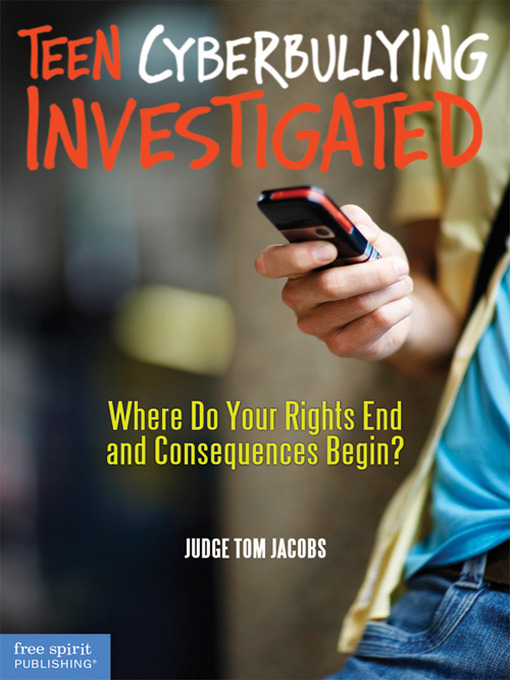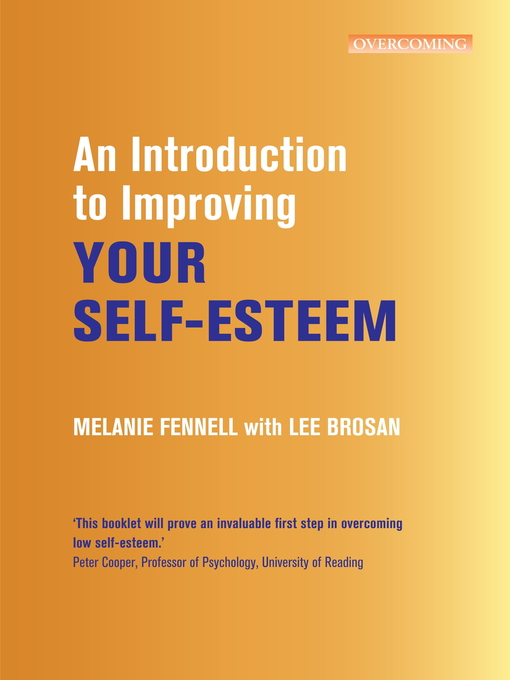Stop worrying about others
5 Ways to Stop Worrying About Others (with Examples)
The line between feeling empathy for others and taking on their problems as if they are our own is a lot finer than we think. If you often worry about the people in your life, you know how draining it is to occupy yourself with their struggles in addition to your own. Unfortunately, worrying about others doesn’t exactly have an off switch.
No matter how much time or energy you spend worrying over someone else’s suffering, it does nothing to reduce the pain they experience. All you’re doing is causing yourself to needlessly suffer along with them. So why does it feel impossible to stop even when you know worrying about others solves nothing? It turns out humans are wired to worry. However, this doesn’t mean we can’t control the extent and frequency of our worries.
Although worrying is inherently human, we can still take steps to mitigate its negative impact on our lives. In this article, I’ll explore why some of us simply can’t help but worry about others, and strategies to help you manage this well-intentioned but ultimately self-harming tendency.
Contents
- Why we naturally worry about others
- The futility of worrying
- How to stop worrying about others
- 1. Give the worrisome thoughts space to breathe
- 2. Imagine yourself talking to your worry
- 3. Set boundaries
- 4. Journal
- 5. Have a conversation with the person you’re worried about
- Wrapping up
Why we naturally worry about others
Everyone worries, but some people worry significantly more than others. Along with worrying about their own life, they can’t resist the tendency to worry about other people as well. It appears this natural inclination to worry might just be human nature.
It’s possible that humans have a predisposition to worry as a species due to a mismatch in our environment. Our brains are designed for an environment in which our actions result in immediate outcomes. Now that we live in an environment where our actions do not produce instant results, our brains can’t help but worry about uncertainty.
Conversely, a study found that people worry for two possible reasons. The first is because they believe that worrying can prevent negative events from happening and minimize its harmful effects if it does happen. The second reason is the belief that worrying offers greater control and the ability to find a solution.
Humans are social beings by nature. It only makes sense that we naturally extend our tendency to worry to encompass others. However, our ability to deeply connect with other humans emotionally and share their painful emotions could result in harmful consequences for our health.
The futility of worrying
The most frustrating thing about worrying is that it solves nothing. Most of us understand this, and yet, we continue to worry about others in spite of its harmful effects on our health. Research shows that worrying is associated with several mental health disorders and is detrimental to your physical health.
Worry is the interest you pay on a debt you may not owe.
Keith Caserta
A recent study on the mental health of Swiss undergraduate students during the pandemic found that those who worry more about the health of their family and friends are more likely to experience depression and higher stress levels.
Worrying about the health of their loved ones resulted in adverse effects on the students’ mental health. Moreover, worrying about the health of their family and friends in the midst of a pandemic beyond their control will not protect them from the disease.
How to stop worrying about others
Most of us know that worrying about other people does nothing to solve their problems or alleviate their pain, but we just can’t help it. The good news is that while worry is not completely avoidable, you can reduce its negative effects on your well-being using a few strategies.
1. Give the worrisome thoughts space to breathe
I know what you’re thinking. Isn’t worrying the exact opposite of what we want to do? The reality is that sometimes, worrying is an inevitable part of caring. Life is full of ups and downs. As much as we wish we could, we can’t protect the people we love from every devastating event in their life.
Life is full of ups and downs. As much as we wish we could, we can’t protect the people we love from every devastating event in their life.
You can’t stop the rain by worrying about it.
Tadahiko Nagao
For example, if you find out your child is being bullied at school or your friend is going through a difficult divorce, it’s simply unrealistic to expect yourself to not worry about them. Instead of suppressing the worry, give it the space it needs to breathe. It’s typically better to feel the negative emotion as soon as it arises rather than to dismiss it. This only causes the emotion to fester and resurface later on.
Sit with the worry for a few minutes, refrain from judgment, and allow it to run its course unobstructed. Simply listen to what it’s trying to tell you. If you’re lucky, the worry might dissipate afterward. If it continues to unwantedly take up mental space, it’s time to try another strategy.
2. Imagine yourself talking to your worry
This might sound strange, but try to imagine yourself having a conversation with your worrisome thoughts. After listening to what the emotion has to say, picture yourself reasoning with it.
After listening to what the emotion has to say, picture yourself reasoning with it.
Speak to your worry the way you would speak to a friend having a panic attack. Calm it down, and ground the emotion back to reality. Some things you can try saying to your worry when it spirals are:
- “Worrying about them will not ease their suffering in any way.”
- “I cannot protect that person from every bad thing in life, and it is not my responsibility to do so.”
- “I trust that person to be strong and capable enough to overcome their own problems.”
- “The best I can do is support them in any way I can, but worrying about them will solve nothing.”
- “It is okay to be concerned about them, but I am only causing myself harm by treating their problems as if they are my own.”
3. Set boundaries
Setting boundaries is an essential skill to learn in life, but particularly if you are an empath or a highly sensitive person. Those who instinctively absorb the emotions of others might find it more difficult to not worry about the problems of other people. If this is the case, it’s important to learn how to set boundaries for yourself and your mental health.
If this is the case, it’s important to learn how to set boundaries for yourself and your mental health.
Daring to set boundaries is about having the courage to love ourselves even when we risk disappointing others.
Brené Brown
It’s perfectly okay to admit to others when you lack the emotional or mental capacity to listen to them vent about their problems. There is nothing selfish about setting boundaries. It doesn’t make you any less loving or supportive. However, it can help you to stop worrying about others when you’re already worrying about your own issues.
Setting your own boundaries might even encourage the other person to do the same.
4. Journal
One of the best ways to release the burden of worrying about others is to simply write it down. The benefits of journaling are endless, but in the case of unrelenting worries, it can be especially therapeutic. Writing it down might help alleviate your concerns about others and their struggles.
Sometimes, your worries just need a place to go.
Journaling also helps distinguish your worries about others from your own. Since the practice of expressing your thoughts and emotions through writing often improves self-awareness, there’s a good chance it’ll help you realize the futility of worrying about someone else’s problems.
Here are a few possible journal prompts to explore when you want to stop worrying about others:
- Why am I overly concerned about this person and their issues?
- Is their pain triggering a similar hurt that I currently feel or have experienced in the past and require healing?
- Do I believe this person is capable of handling their own problems?
- What else can I do for this person instead of suffering along with them by worrying?
- Do I have the mental and emotional capacity to continue providing emotional support to this person?
5. Have a conversation with the person you’re worried about
Talking to the person you’re deeply concerned about is probably the root cause of your worries in the first place, but it could potentially be the solution as well. In some instances, we worry about others because we’re not sure if they have the ability to cope with whatever adversity they face. In that case, a simple conversation with them might ease your worries.
In some instances, we worry about others because we’re not sure if they have the ability to cope with whatever adversity they face. In that case, a simple conversation with them might ease your worries.
At times, all we need is reassurance that the person we’re worried about will be okay. Checking up on them and discussing the steps they’re taking to solve their own problems might put your worries to rest once and for all. Of course, this strategy only works if the person you’re worried about is handling things better than you thought.
In the event that the person is not coping well emotionally or mentally, it might be time to ask them to consider seeking professional help. This can ensure they receive the proper support and relieve you from your worries as well.
💡 By the way: If you want to start feeling better and more productive, we've condensed the information of 100's of our articles into a 10-step mental health cheat sheet here. 👇
Download Our FREE Mental Self-Care Cheat Sheet!
Thrive under stress and crush your goals with these 10 instant tips for your mental health.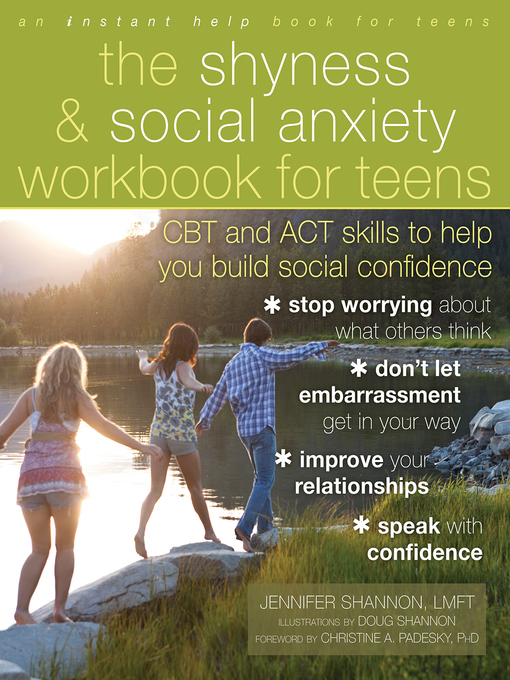
Wrapping up
Worrying about others demonstrates your amazing ability to care and connect emotionally. However, the negative effect of worrying means that this capacity to absorb their worries as your own is destructive to your health. It might be difficult to manage your worries at first, but it can be done. Humans might be wired to worry, but you must not allow your worries to consume you.
Do you want to share your own positive change that you applied in your life? Did I miss an awesome tip that you used to be happier in an instance? I'd love to hear in the comments below!
How to Stop Worrying About What Other People Think
How to Stop Worrying About What Other People Think Search iconA magnifying glass. It indicates, "Click to perform a search". Insider logoThe word "Insider".US Markets Loading... H M S In the news
Chevron iconIt indicates an expandable section or menu, or sometimes previous / next navigation options. HOMEPAGE
HOMEPAGE Strategy
Save Article IconA bookmarkShare iconAn curved arrow pointing right.Download the app
You do you. Fox SearchlightCaring about what other people think of you is part of being a normal human being.
In fact, scientists in one study found that the reward center in people's brains was active when they were told that someone approved their taste in music.
It's only a problem when you're consumed by worries about your reputation — when every decision about what to wear, who to hang out with, and even what career to pursue are based on the fear of looking stupid.
Unfortunately, this habit is hard to shake. To help you out, we consulted the Quora thread, "How can I stop worrying about what other people think?" and highlighted the most compelling responses.
Read on to embrace the full experience of being yourself.
1. Remember that people aren't that interested in youSeveral Quora users mentioned that people generally don't care about you as much as you think they do.
Sibell Loitz, for example, prompts readers to consider how much time they spend thinking about others and their behavior: "not that much time."
Psychologists call the tendency to overestimate how much other people pay attention to you the "spotlight effect." In a 2000 study, highlighted on Tech Insider, people were asked to attend a party wearing a t-shirt with a picture of Barry Manilow on it (it was supposed to be embarrassing).
Sure enough, those people significantly overestimated how much the other people at the party noticed their t-shirt.
2. Tell yourself a different storyNo one can make you think or feel a certain way — it's all about the way you interpret their behavior. So by changing that interpretation, you might be able to make yourself think and feel more positively.
Karen Renee gives an example. Maybe you habitually tell yourself: "Today I [action] and everyone laughed. They must think I'm stupid. I'm stupid. Everyone knows I'm stupid. I can't face them again!"
Instead, Renee says you might tell yourself: "Today I [action] and everyone laughed. I think I cheered up a couple people who were having a bad day, even if it was by accident …"
Renee cites Brene Brown's research on getting over shame, and worrying what other people think of you. Brown recently told Tech Insider that her No. 1 "life hack” for lasting relationships is to recognize that your perception of your partner's behavior is "the story I'm making up. "
"
"Basically," she said, "you're telling the other person your reading of the situation — and simultaneously admitting that you know it can't be 100% accurate."
University of Exeter/Flickr 3. Meet more peopleMarie Stein recommends diluting someone's strong negative opinion of you by getting lots of other perspectives.
"The more people you meet, the more you will realize that every one has a different opinion," she writes. "The only opinion about you that matters, that sticks with you for your whole life, and that you can control, is your own. "
"
"How do you know that others with whom you share company are not themselves insecure?" writes Aurora Clawson.
"Others may act secure, but so many time[s] that is an act. How about making a point of helping others feel comfortable? Be a nurturer and you won't have to worry about how others think of you."
Clawson is right — research suggests that we're generally pretty bad at guessing how much others are struggling. Think about what you can do to make their lives easier, and you may find that your personal concerns are less salient.
5. Focus on controlling your thoughts, not theirsGennaro Cuofano points out that you don't have control over others' thoughts: "Therefore if you spend even one minute of mental energy focusing on what others think of you, you are wasting time and energies."
Instead, he suggests trying to manage your own thoughts about the situation.
Meanwhile, psychotherapist Amy Morin writes that mentally strong people rarely focus on things they can't control. Once you shift you focus away from those things, you'll likely be happier and less stressed.
Once you shift you focus away from those things, you'll likely be happier and less stressed.
Multiple Quora users told the same story, about two people and a donkey, which points to the foolishness of trying to please everyone.
At first, two people are riding a donkey, and passersby call them cruel. Then, one person rides the donkey while the other walks, and passersby call the rider selfish. They switch positions and now the new rider is called selfish.
Finally, both people walk alongside the donkey and passersby laugh at them for not knowing how to ride a donkey.
The moral of the story, says Syeda Ratal Zehra, is that "people will always judge you no matter what."
7. Know that it's okay to care what others thinkIt's fine to care about your reputation. The key is not letting that concern overwhelm you.
Marissa Russell writes:
"You can never fully stop caring how other people think of you.
"Because human beings are the gatekeepers to so many of the things we strive for in life (job hirings, promotions, award nominations, building a clientele, finding a life partner, etc), what people think of you actually does matter in various cases.
"The key to inner freedom is to care more about what you think of you than what outsiders think of you."
Read next
LoadingSomething is loading.
Thanks for signing up!
Access your favorite topics in a personalized feed while you're on the go.
Features Quora RelationshipsMore...
How to stop patronizing others and start thinking about yourself?
My first professional encounter with co-addicts was when I was working as a counselor for a network of treatment facilities and organizing support groups for the wives of alcoholics and drug addicts who participated in the program.
In my group, I saw people who considered themselves responsible for the whole world, but refused to take responsibility for leading and living their own lives.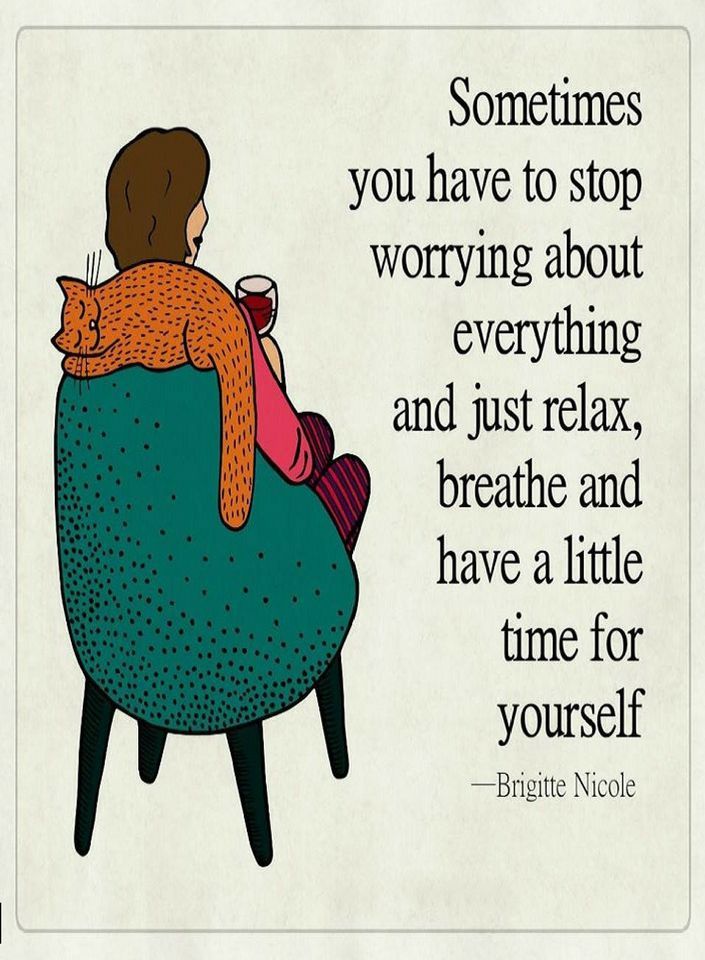 I saw people who constantly gave, but did not know how to receive. nine0003
I saw people who constantly gave, but did not know how to receive. nine0003
I saw people who were hostile: they felt such deep hurt and pain that hostility was their only defense against being crushed again. They were so angry because anyone who put up with what they put up with would be just as angry. They sought control because everything around them and within them was out of control.
I have worked with people who thought they were going crazy because they accepted so many lies that they no longer understood where reality was and what it was. nine0003
I have seen people who were so wrapped up in other people's problems that they didn't have time to solve their own. These were people who loved other people so deeply—and often destructively—that they forgot how to take care of themselves.
Co-dependents felt responsible for so many things because the people around them did not feel responsible even for small things.
Problems of co-dependents dictate the need for recovery.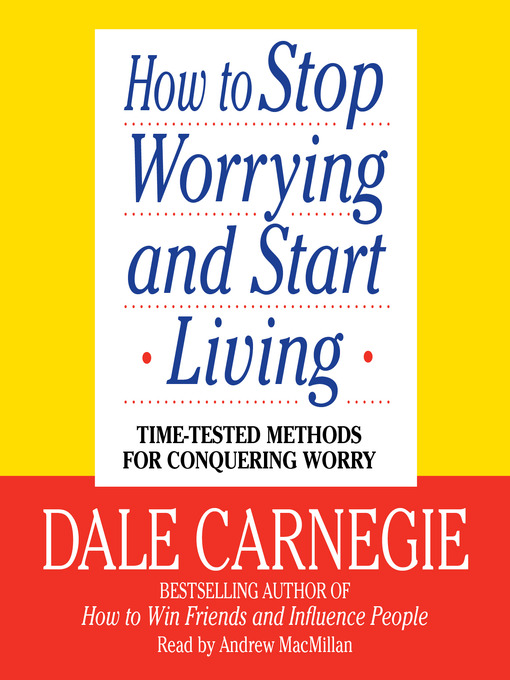 Recovery is not only pleasant, but also simple. It is based on an attitude that many of us have forgotten or never knew: each person is responsible for himself. nine0003
Recovery is not only pleasant, but also simple. It is based on an attitude that many of us have forgotten or never knew: each person is responsible for himself. nine0003
1. Detach from the object of addiction
Detachment is based on the attitude that each person is responsible for himself, that we cannot solve problems that we should not solve, and that worrying is useless.
2. Don't let every wind blow you over
Most codependents are people of reaction. We react with anger, guilt, shame, self-hatred, anxiety, resentment, despair, and rage. By practicing detachment, you can reduce your destructive reactions to the world around you. Separate yourself from things. Leave things alone and let people be who they are. nine0003
3. Set yourself free
Codependents tend to be controlling. We arrive; read notations; cry out; orem; weep; we beg; bribe; intimidate; we stand above the soul; we protect; accuse; trying to persuade; trying to dissuade . .. Whatever the tactics, the goals remain the same: to force other people to do what we want them to do. But people do what they want in the end. Any attempt to control them is self-deception as well as an illusion. People will either resist our efforts or redouble their efforts to prove that we cannot control them. nine0003
.. Whatever the tactics, the goals remain the same: to force other people to do what we want them to do. But people do what they want in the end. Any attempt to control them is self-deception as well as an illusion. People will either resist our efforts or redouble their efforts to prove that we cannot control them. nine0003
And this is the truth. The only person you have the right to control is you. Step back. Back off. Take control of yourself and your responsibilities.
Free others by letting them be who they are. By doing this, you will free yourself.
4. Stop being a victim
The words “rescue” and “protect” mean exactly what they sound like. We save people from responsibility. We take care of their duties instead of them. And then we get mad at them for what we did. And then we feel used and feel sorry for ourselves. Here it is, this pattern, this infinite triangle. We moan: “Why? Why does this always happen to me? Another person trampled on us, wiped his feet on us.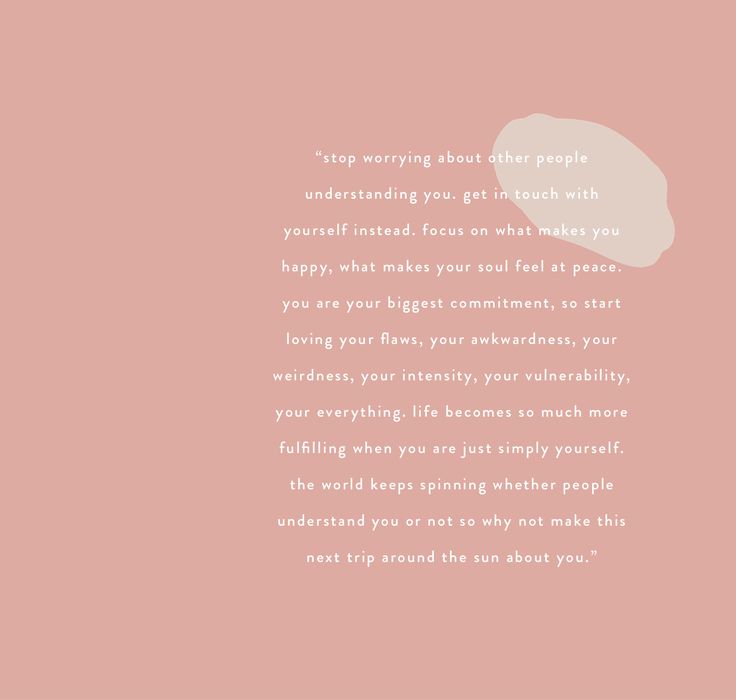 We wonder: will we always be the victims? Probably yes - if we do not stop saving and patronizing. nine0003
We wonder: will we always be the victims? Probably yes - if we do not stop saving and patronizing. nine0003
5. Be independent
Some women are afraid to be alone. But unlike Siamese twins, we can live without any single human being. Stop looking for happiness in other people. Our source of happiness and prosperity is not in others; he is within us.
6. Live your own life
The surest way to drive yourself crazy is to get involved in other people's business, and the fastest way to become mentally healthy and happy is to mind your own business. nine0003
7. Love Yourself
As codependents, we often dislike ourselves to the point where we become convinced that taking ourselves into account is wrong. We need to be kind to ourselves. How can we expect to take good care of ourselves if we hate ourselves? Out of our self-esteem will grow acts of kindness and mercy, not selfishness.
Just keep doing what you have to do.Everything will improve. And don't stop taking care of yourself, no matter what happens. nine0013
8. Learn the art of acceptance
Acceptance means that we acknowledge and accept our circumstances, including ourselves and the people in our lives, as we are and as they are. It cannot be said that this happens without kicks and yells.
We accept through five stages.
Negative . The first stage is denial. It is a state of shock, numbness, panic, and a general refusal to accept or acknowledge reality.
Anger . Once we stop denying the loss, we move on to the next stage, anger. Depending on the nature of the loss, we may be a little annoyed, angry, or in convulsions of soul-shattering rage.
Trade . After calming down, we try to make a deal with life, with ourselves, with another person or God. If we do this and that, or if someone else does this and that, then we don't have to suffer the loss.

Depression . When we see that nothing has worked out with the deal, when we are finally no longer able to fight anymore, holding reality at a distance, we become sad, sometimes terribly depressed. It's crying time and it hurts. nine0003
Accept . That's all. After we have closed our eyes, kicked, yelled, tried to negotiate, and finally felt the pain, we come to acceptance. We accepted our loss, no matter how small or big.
9. Awaken your feelings
Repressed feelings block our energy. Another problem with repressed feelings is that they don't go away. What is locked inside sometimes becomes too big and too powerful. By releasing trapped feelings, we reduce them. nine0003
10. Don't be afraid to be angry
Suppressed anger, like any other repressed emotion, creates problems. Our angry feelings may one day break like an avalanche. We can lose control and let go of the reins, indulging in hostile, spitting, yelling, dish-smashing rage.

There are many things in life besides anger. But it's okay to feel angry when we need it.
11. Learn to make decisions
We may have lost faith in our ability to think and think logically for a variety of reasons. Believing someone else's lies, lying to ourselves, stress, low self-esteem, and a full array of repressed emotions can cloud our ability to think. We are lost. But that doesn't mean we can't think. nine0003
Make decisions. Form opinions. Express them. Create! Think carefully, but don't worry or get hung up. You don't have to let others make decisions for you.
12. Set your own goals
Goals are fun. They generate interest and enthusiasm for life. They make life amazing. Fix your goals on paper. Do what you can, day by day. Cross off goals you have already achieved. Be patient. nine0003
Photo: Getty Images
Marie Claire Editorial
Thinking about others is natural or is it neurosis?
41,866
A person among people
My Facebook friend (an extremist organization banned in Russia) consists mainly of psychologists.
Therefore, it contains many calls to “follow yourself”, “live for yourself”, “be yourself”. To a reader not tempted by psychology, it may even seem that there are no more selfish beings than psychologists. So, it seems, their focus of attention is skewed towards the importance of their own person. But what about other people? Who will think of them? nine0003
Try to say something like “And at that moment I decided that I would do everything for my mother that she needs” or “When my loved ones need help, I cannot refuse to care for them.” There is a great risk of receiving condemnation, ridicule or moralizing in response: they must take care of themselves, take care of themselves.
As if really participation in the lives of loved ones is tantamount to neurotic behavior. The question arises: if the well-being of my environment affects the feeling of my own well-being, then what? “Then this is a codependent position,” young psychologists will say, “it needs to be eliminated.” nine0003
Some psychologists really believe that taking care of your loved one is almost a betrayal of yourself and your interests.
For "just people" to take care of others is an urgent need, duty, responsibility, an opportunity to feel good, kind, needed. This behavior is highly supported and approved by society. Therefore, after reading what psychologists write, “just people” begin to suspect that they will only “teach bad things”, allow them to be selfish.
I do not support any extreme positions on this issue. Not all concern for one's neighbor is a manifestation of a codependent position, sometimes it is simply a willingness and desire to help when possible, without masochism or betrayal of oneself. On the other hand, not every character who is excellent at taking care of himself will be a model of mental health. nine0003
It is not at all easy to move from a co-dependent position to a more autonomous one, and slogans and appeals alone are indispensableOur loved ones are an important part of our life. Their state, mood, feelings are not indifferent to us.
The quality of our life cannot but depend on what they have. Worrying about the close environment and investing in their life comfort means investing in your personal comfort and peace of mind. It is an inoculation against anxiety, guilt, fear of loss.
I am of the opinion that there is no such thing as pure altruism. When we take care of others, we take care of ourselves first. The one who realizes this and is honestly ready to admit it is much nicer to me than the one who says that he himself "does not need anything, as long as everything is fine with you." nine0003
Among the first, it happens that the well-being of loved ones becomes too much of a person's mental life - this prevents him from feeling separate, even if he is perfectly aware of the desire to stop depending on others. It is precisely for people like him that this “supporting egoism” message from psychologists exists: “turn to your life”, “find yourself”, “stop taking care of others, take care of yourself”.
At the same time, the psychologist, as a rule, does not have the task of making an egoist out of the poor fellow, the professional simply strengthens the right of his client to organize a little more autonomy than he had before.
Without this autonomy it is very difficult to feel… separate and alive. nine0003
But moving from a co-dependent position to a more autonomous position is not at all easy, and slogans, appeals, and even trainings alone are not enough. As a rule, rather difficult and slow work on personal history and psyche is required. Such a person, even after a course of psychotherapy, does not stop caring for loved ones - he just learns to invest in himself. And he does it consciously, directly, responsibly and desirable with every right.
After working through the codependent position, it becomes easy with such people. They earn my respect. It’s calm next to them also because instead of obsessive care and “service”, they learn to speak directly: “Can I help you?”, “I'm worried about you. Is there anything I can do for you?" They will not rush to help "out of good intentions" or to show their integrity - completely without noticing you at the same time. nine0003
But there is another category of people.
They are convinced of their own high spirituality on the grounds that they do not think about themselves at all and only worry about their relatives, the poor, the people, humanity. I can understand perfectly well, but they themselves make me suspicious and bored.
Their position is either “I don't need anything myself” or “do good and it will come back to you”. I have seen more than once how these wonderful and generous people do not notice exactly how their personal needs are met - alas, not directly, but unconsciously and manipulatively, often at the expense of someone's investments and efforts. nine0003
One such very kind woman, for example, stole a decent amount of tea bags from our office every time she visited - apparently considering them "nobody's". As you understand, it’s not a pity for tea, but it definitely wasn’t anyone’s. Or another - having let her alcoholic uncle live at home, was offended if her relatives did not lend her a large amount: “Banks take huge interest on loans!”
Energy for life does not come from nowhere.
A living person consumes and needs not only material, but also emotional interchange. And if a person does not replenish his resources with food, food, warmth, home and care, he either does it anyway - without realizing it and pushing it out - or he collapses and dies. nine0003
People who tend to consider themselves highly spiritual are no exception. It’s just that it’s often hard for them to admit that they also get a lot from other people, including from their self-denial. It seems to them that they are the most altruistic and generous people in the world, but in fact it is difficult with them, because it is completely incomprehensible what the payment for such service will be and at what moment they will decide to collect it.
Many people have a need to be kind and sympathetic, but for some reason it is expropriated by "highly spiritual"One often wants to say to them: “High spirituality is not the self-destruction that you suggest we become witnesses of.
Others can take care of themselves, give them the opportunity. Let them show their humanity, kindness and at least sometimes take care of you.
After all, many people have a need to be kind and sympathetic, but for some reason it is expropriated by the “highly spiritual”. If for a long time they do not wake up at least some right and the need to take care of themselves, soon enough custody of this person will fall on the shoulders of his loved ones. nine0003
And how much guilt they will have for the fact that they themselves, unwillingly, “brought almost to the grave” someone they could and wanted to take care of, but they were not given a chance. Not everyone can afford the luxury of taking someone else's care.
There are still others who are sure that their personal needs can and should overshadow social needs: “The most important thing for me is myself. If I need something, everything and everyone must be pushed aside, and what it is for them is their concern.
Often, unfortunately, this category of workers, for some reason, confuses a respectful position regarding their own and others' autonomy and rudeness.
It seems to them that if they are late, change plans, cause other people emotional pain and live without paying attention to how exactly their actions are perceived by the environment, this is a healthy behavior. nine0003
If at the same time people get offended, upset or indignant, that's their problem. This delusion leads to endless strife, rupture of significant and insignificant ties, loneliness.
Those who like to defend themselves in this way often complain that everyone around is “unhealthy”, they think only about themselves (and not about them) and do not want to understand and accept them, so progressive and advanced, with their needs and needs. And they forget that true acceptance is dialogical, respectful and mutual.
It is very difficult for all three categories to perceive the presence of a couple. They are so arranged that their psyche seems to be able to hold only one object. And in a pair, people are capable of acceptance, confrontation or dialogue. nine0003
For the former (co-dependent), at first glance, there is only a significant Other.
His constant - impossible in reality - well-being gives at least some chance to the co-dependent to take care of his life. In fact, the Other is rather quickly replaced by the anxiety and omnipresent control of the codependent and disappears as an autonomous unit.
The second (highly spiritual) also think about the Other. They seem to exclude themselves and push their needs into the unconscious - in fact, they do not satisfy some of their needs in a very direct way. nine0003
For the third, there is only themselves. It is too difficult to take into account the needs or experiences of the Other at the same time.
Of course, there are also fourth ones - those brought up in the right connection with others, in respect for others and their own autonomy, in sufficient empathy, in family and tribal rules. For them, there is no opposition in the question "what is more important - taking care of yourself or the other?". It is natural for them to make these choices every day.


